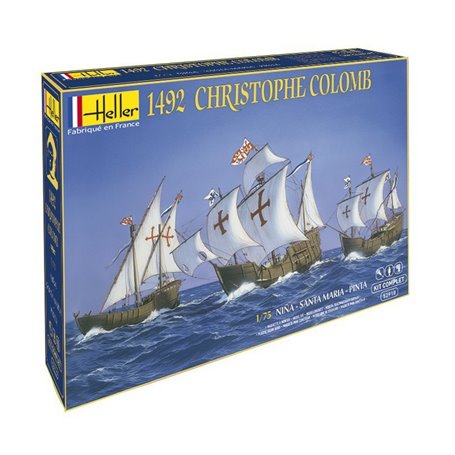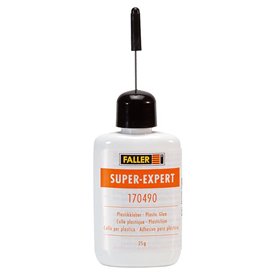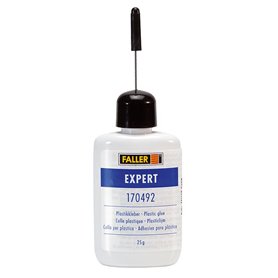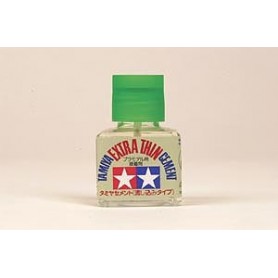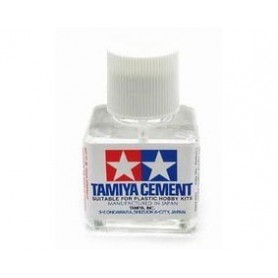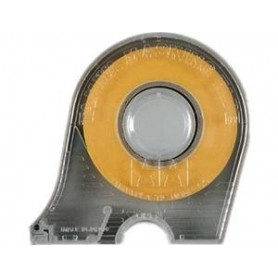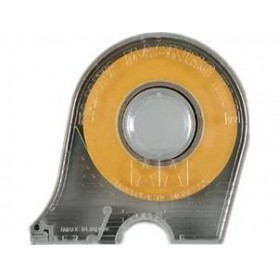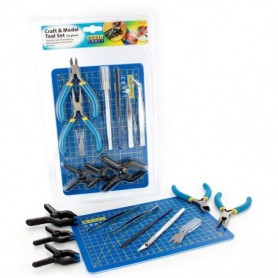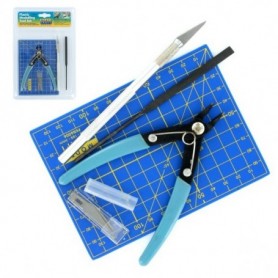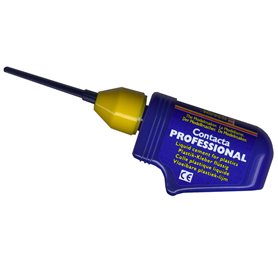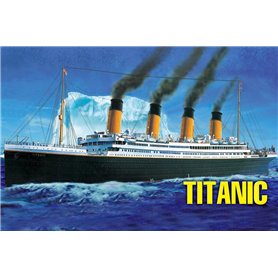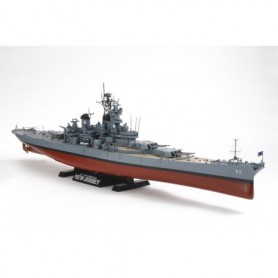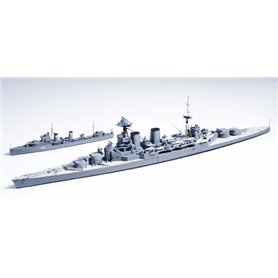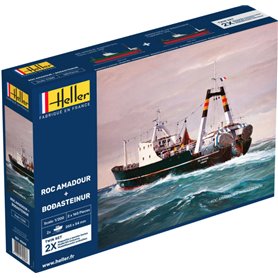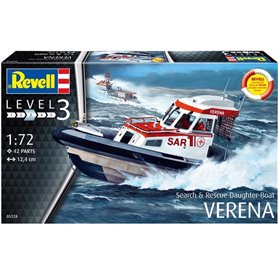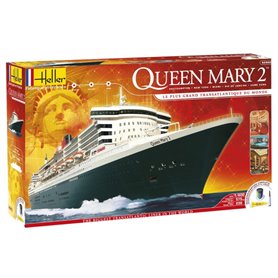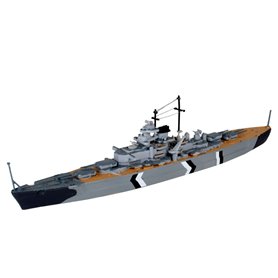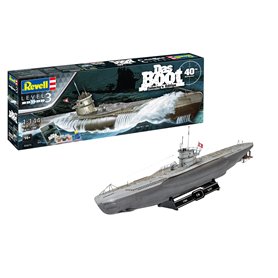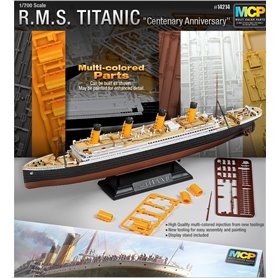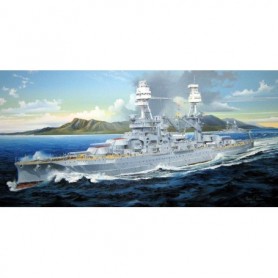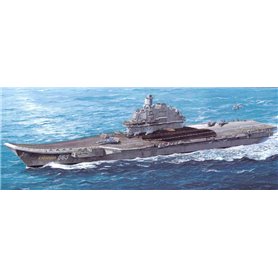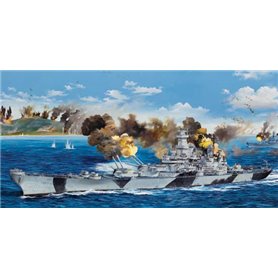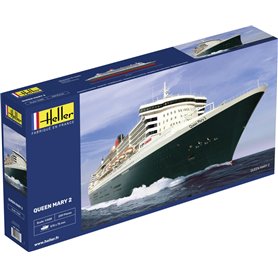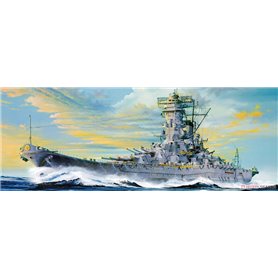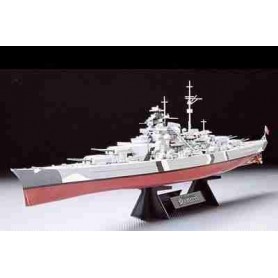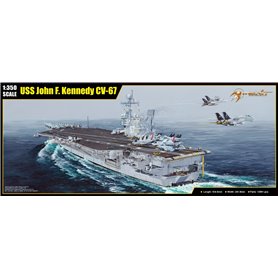Christophe Colomb "Nina - Santa Maria - Pinta" 1492 "Gift Set"
Christophe Colomb "Nina - Santa Maria - Pinta" 1492 "Gift Set"
-
 Secure payment in our shop!
Secure payment in our shop!
Christophe Colomb "Nina - Santa Maria - Pinta" 1492 "Gift Set", medföljer lim, pensel och färger.
Mått:
Pinta - längd 300 mm, höjd 240 mm, totalt antal delar 113 st.
Santa Maria - längd 472 mm, höjd 390 mm, totalt antal delar 141 st.
Nina - längd 250 mm, höjd 320 mm, totalt antal delar 99 st.
Seafaring explorer born in Genoa (1451-1506). Apprenticed to his father the young Columbus soon became fascinated by cartography. He went to Lisbon, where his employers had a trading post, then took two Genoese ships to Ireland, and perhaps even to Iceland. Thus he found himself at the limits of the known world. On returning from his trip, he already began planning his great project. He married in 1479. On Porto Santo, an island near Madeira, he found clues proving the existence of land to the west, such as trunks of trees of varieties unknown in Europe, carried along by the current. His efforts to convince the Portuguese sovereign, Joâo II, came to naught. In 1486, Columbus appealed to the king of Portugal once again, and then Charles VIII, king of France, and Henry VII, king of England. After the fall of Grenada, he was named « Admiral of the Oceane Sea » and viceroy of all lands he might discover for the kings. He was also promised one tenth of all gold, precious stones and spices discovered. The expedition was planned with the Santa Clara (which became the Niña), the Pinta and a third, larger ship outfitted by Columbus himself, the Santa Maria, and a slow and heavy «nao». The ships were manned by Andalusian sailors. The fleet got under way before dawn on August 3, 1492, following confession by all. To take advantage of the trade winds, Columbus sailed toward the equator, calling in at the Canaries. The voyage went smoothly, but early in October, to reassure the crew which was growing impatient, he minimized his estimates of the distance covered each day. The historic landing took place on October 12, 1492, at the Lucaye Islands in the Bahamas, which Columbus named San Salvador. The natives who came to meet him were naked and unarmed. Columbus immediately planned to convert - as well as to enslave - them. He set sail for Europe on January 16 with the Niña and the Pinta, the Santa Maria having run aground and broken up off Haïti. He headed northeast ta catch the prevailing westerlies, but thereby encountered storms. After various adventures, he reached the mouth of the Tagus and was received by Joao II. It was in Seville, where he arrived during the holy week, that Columbus became a celebrity. He was received by the Spanish sovereigns with great pomp, and was ennobled. He made a second, third and even fourth voyage. According to Lalnartine, Columbus died « old, abandoned by the world and lying on a poor man's bed in a borrowed house in Seville ». In fact, however, he died in a stately residence surrounded by servants. His son Diego became governor of Haïti. He never realized that he had opened the door to a new continent, for he was convinced that the « new world » was really part of Asia. He was thus always troubled by a feeling of failure, for the hadn't found the route to India; nor had he any greater success in finding gold which, for this man constantly guided by the desire to expand the kingdom of God (Which notably required the liberation of Jerusalem) was supposed to provide Christian sovereigns with the wealth necessary to reconquer the Holy Land.
- Scale
- 1:75

